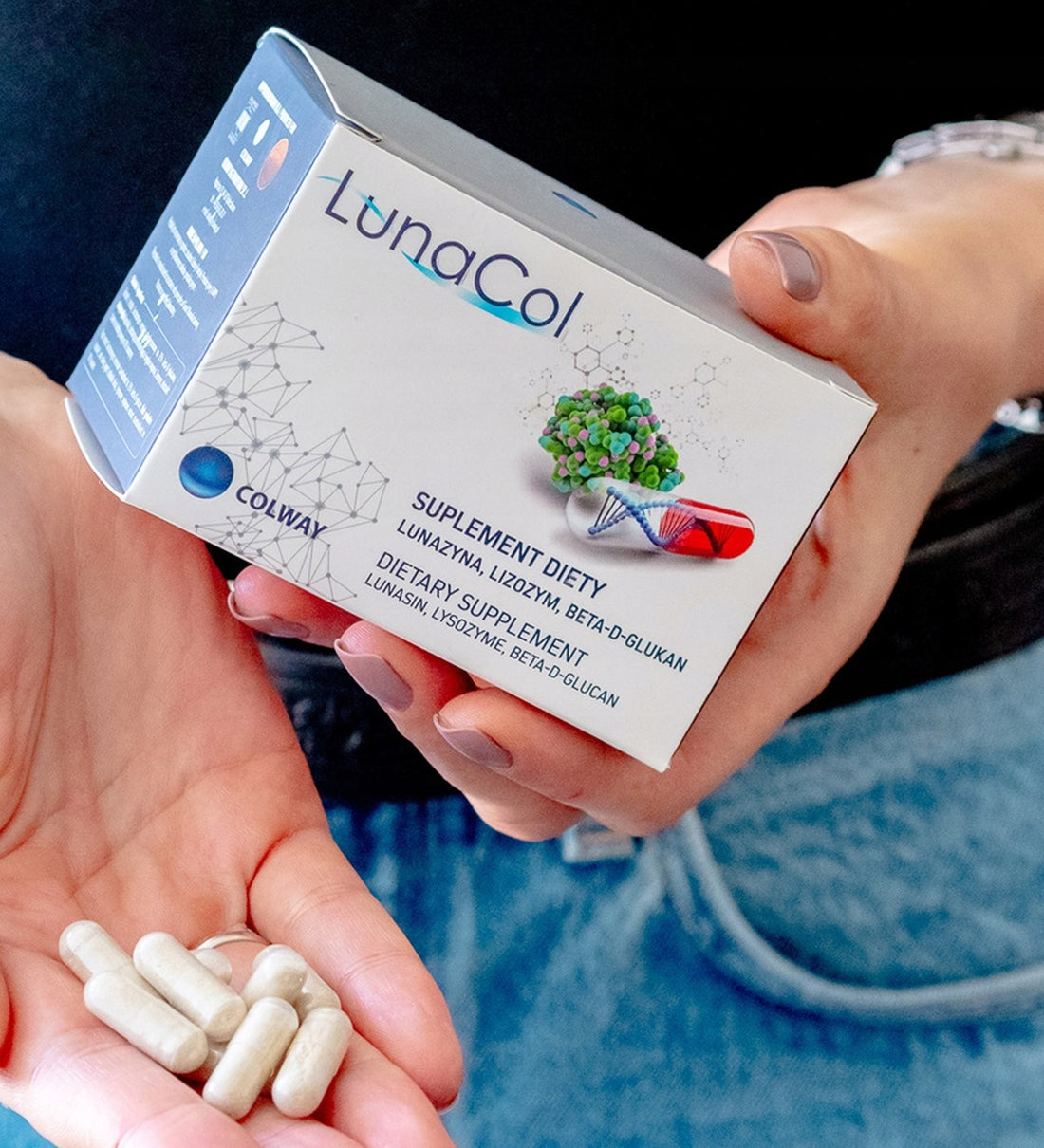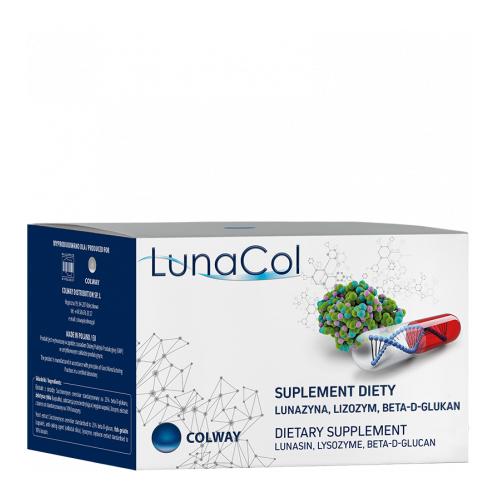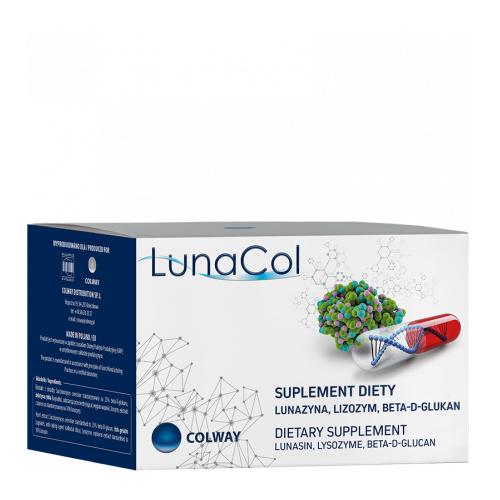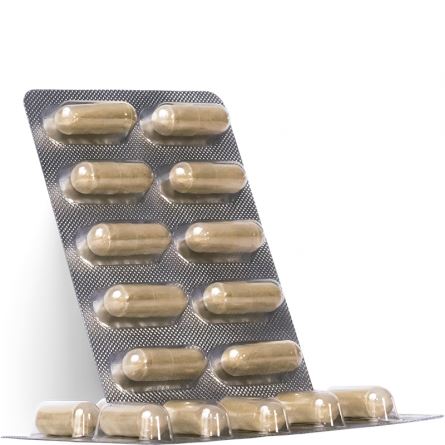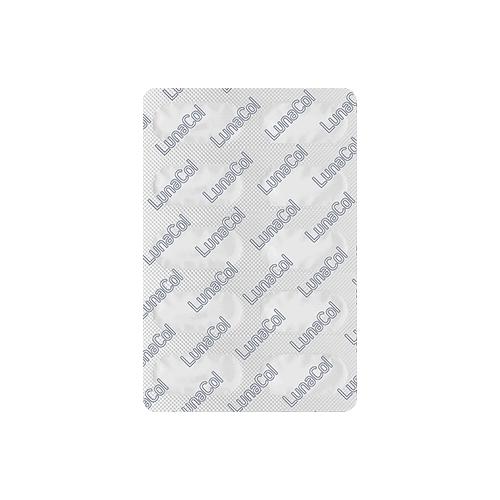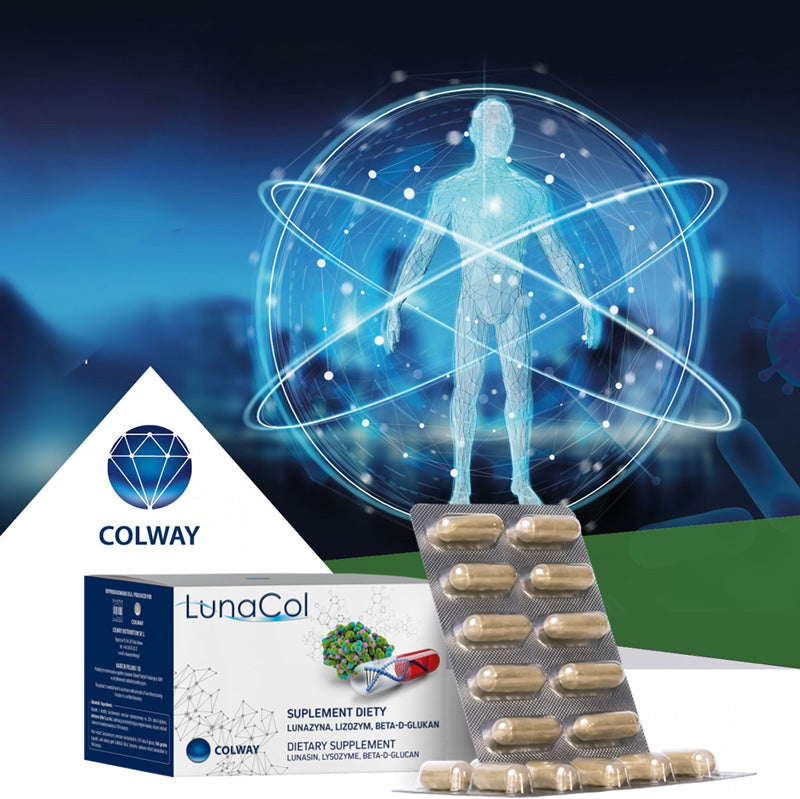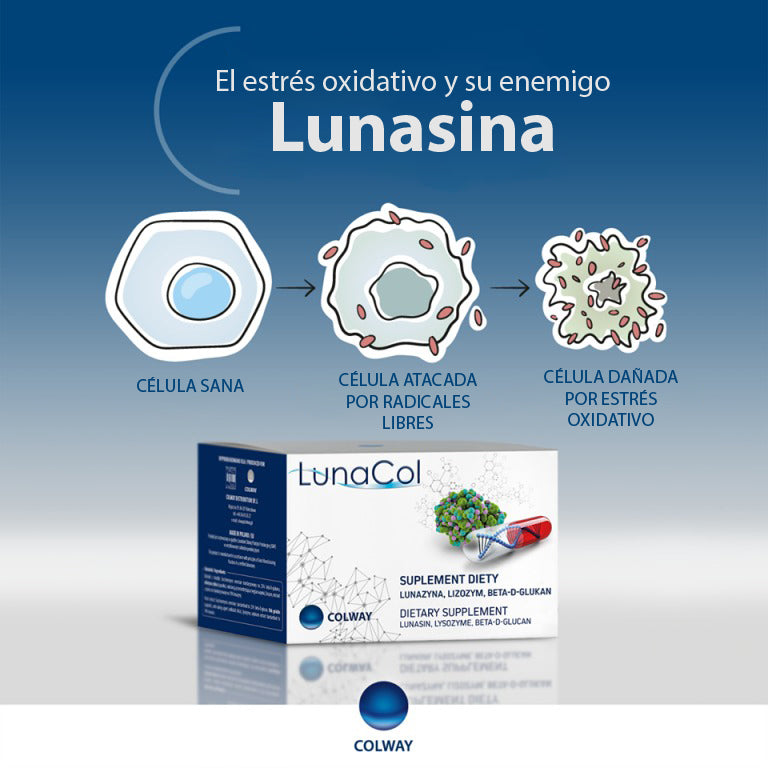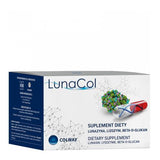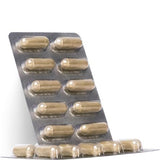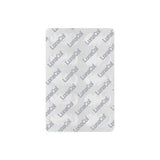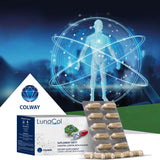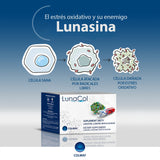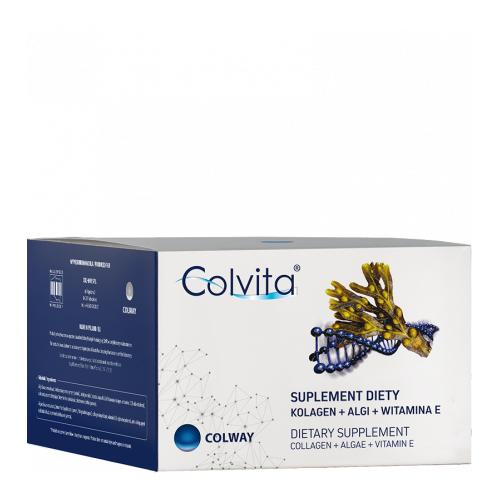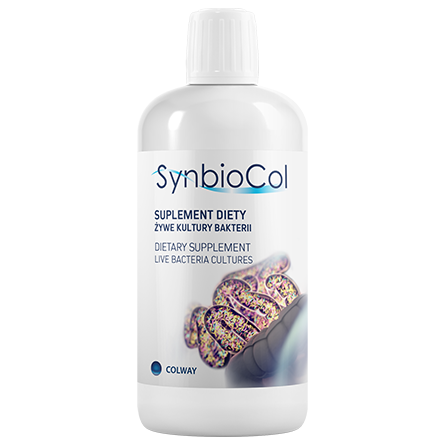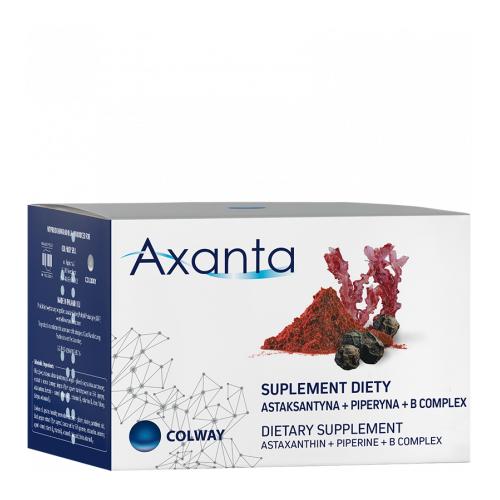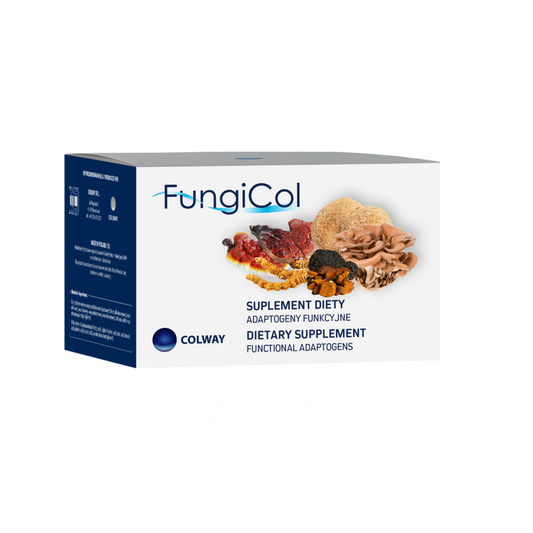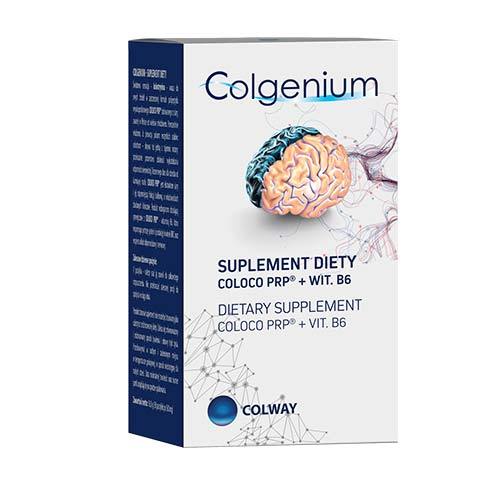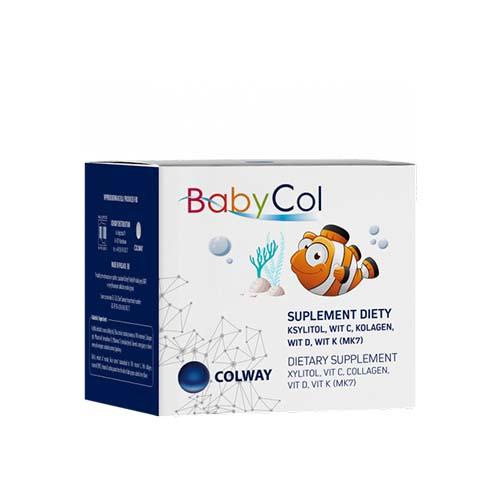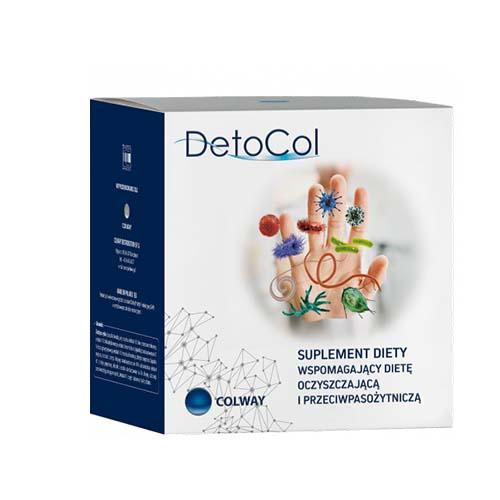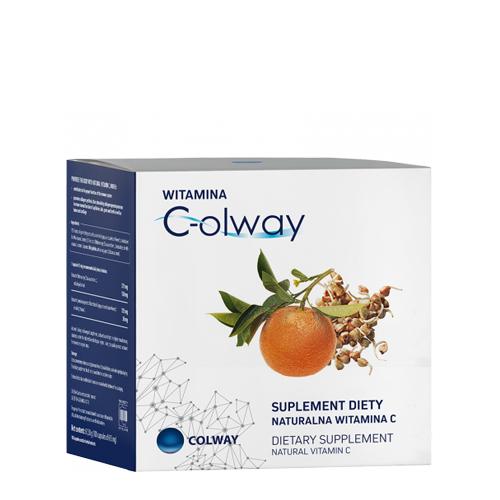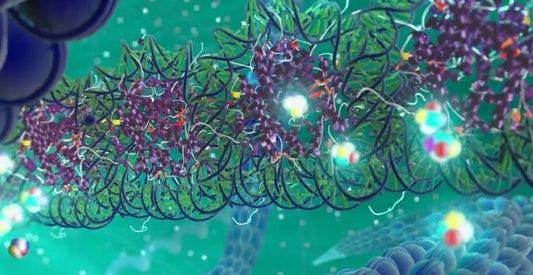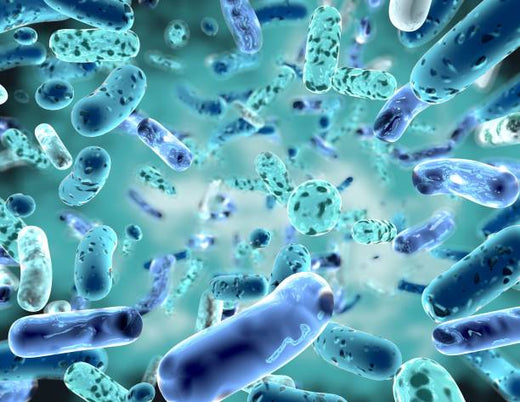LunaCol contains three extraordinarily important substances in prophylaxis that complement our diet with essential elements for our immune system.
LunaCol is a product of Polish biotechnological thinking. Lysozyme and beta-d-glucanos They are well documented in the scientific literature, including research describing their properties that go far beyond their nutritional values.
Beta-D-Glucanos
(beta 1.3/1.6 D-glucans) are the only active ingredient in yeast. It is derived from the cell walls of baker's yeast (saccharomyces cerevisiae). Beta glucans are known to immunologists for their incredible immune-enhancing properties. They fully activate macrophages in the body, which are one of the main defenses of the immune system. Macrophages trap and consume foreign invaders such as bacteria, viruses and parasites.
The effect of beta-D-glucan on cancer is very interesting, because it has been clinically shown to prevent metastasis in a variety of 3 ways:
- Cytotoxicity - Stimulating white blood cells (macrophages and natural killer cells) to stop tumor growth.
- Antiangiogenesis - Prevents cancer cells from developing the network of blood vessels required to feed tumors.
- Treatment Restoration - By reversing damage caused by chemotherapy and radiation therapies, glycans restore bone marrow injury by stimulating red blood cell production.
Lysozyme (also called muramidase)
A highly stable cationic protein, slower acting than known enzymes, but highly potent. It was first described by Alexander Fleming, who considered that his greatest discovery was not penicillin, but lysozyme. It is an antimicrobial enzyme produced by animals that is part of the innate immune system. Since lysozyme is a natural form of protection against bacillus and streptococcus, it plays an important role in the immunology of breastfeeding babies.
The skin of our body is a protective barrier due to its dryness and acidity, but the conjunctiva (membrane that covers the eye) is, instead, protected by secreted enzymes, mainly lysozyme and defensin. However, when these protective barriers fail, conjunctivitis results.
Infection management - Lysozyme can attack polysaccharides in the cell walls of many bacteria. It is most effective against gram-positive bacteria such as streptococci and staphylococcus species. Lysozyme can also help other types of infection by gram-positive bacteria, such as in the course of conjunctivitis.
Wound repair support - The lysoenzyme may support phagocytosis, which may aid in wound repair. It can also help with other necrotic and degenerative processes.
Support for bladder health - Often combined with standard antibiotic therapy to control coliform bladder infections.
Management of inflammation: lysozyme can neutralize some acidic compounds that are released by inflammatory processes.
Lunasin
It is a natural protein found in soybeans, barley and rye. Discovered in 1996 by Dr. Alfredo Gálvez (USA), it is an unusual protein that does not undergo degradation in the digestive system. So far it is the first and only epigenetic food discovered, which is a great hope for humanity and a breakthrough in many medical fields.
Bioactive peptides are small protein fragments derived from enzymatic hydrolysis of food proteins, fermentation with proteolytic starter cultures, and gastrointestinal digestion. These peptides have a positive impact on a series of physiological functions in living beings. Lunasin, a bioactive peptide derived from soybeans, is one of the most promising among them. Lunasin encoded within the albumin 2S gene (GM2S-1), identified as a new peptide extracted from soybean seed. It is composed of 43 amino acid residues with a molecular weight of 5.5 kDa.
Extensive scientific studies have shown that lunasin has important health benefits including anti-aging, antioxidant and anti-cancer properties, fighting leukemia, and blocking inflammation that accompanies chronic health conditions such as diabetes and stroke. It could also play a vital role in regulating cholesterol biosynthesis in the body. Its high bioavailability and heat-stable nature allow for its potential use as a dietary supplement.
Research on Lunasin (links):
- 1997-2012: Fifteen Years of Research on Peptide Lunasin
- The Presence of Lunasin, a Soy-Derived Bioactive Peptide in Plasma: A Randomized Clinical Trial (29 May 2020)
- Potential Health Benefits of Lunasin: A Multifaceted Soy‐Derived Bioactive Peptide
- Antioxidative properties
- Antioxidant and anti-inflammatory properties of cancer preventive peptide lunasin in RAW 264.7 macrophages
- Antioxidant activity and protective effects of peptide lunasin against oxidative stress in intestinal Caco-2 cells.
- Food-Derived Bioactive Peptides on Inflammation and Oxidative Stress
- Anticancerous properties
- Complementary roles in cancer prevention: protease inhibitor makes the cancer preventive peptide lunasin bioavailable
- Lunasin: A Novel Cancer Preventive Seed Peptide
- Chemopreventive and chemotherapeutic use of lunasin against cancer
- The effects of lunasin on the mechanism of cell growth in MCF-7 and MDA-MB-231 human breast cancer cells
- Lunasin suppresses the migration and invasion of breast cancer cells
- Lunasin, a New breast Cancer Chemopreventive Seed Peptide
- Inhibits invasive potential of melanoma initiating cells
- Lunasin – a bioactive peptide from triticale (X Triticosecale Wittmack) seeds, inhibits proliferation of cancer HeLa and SK-OV-3 cells
- Soy peptide lunasin has anti-cancer, anti-inflammatory properties
- The soy-derived peptide Lunasin inhibits invasive potential of melanoma initiating cells
- Combating malignant melanoma with the multifaceted soy-dervied peptide lunasin
- Anti-inflammatory properties
- Reducing LDL cholesterol and risk of cardiovascular disease
- Prevention of osteoporosis
- Cholesterol and Risk of Cardiovascular Disease
- Cardiovascular diseases such (atherosclerosis). Lunasin abrogates monocytes to endothelial cells
- Alzheimer’s disease
- Lunasin can boost immune system: Soypeptide lunasin in cytokine immunotherapy for lymphoma
- Lunasin as a novel immune modulator: Activation of dendritic cell function by soypeptide lunasin as a novel vaccine adjuvant
- Lunasin abrogates the expression of matrix metalloproteinases and reduction of type II collagen
- Lunasin Alleviates Allergic Airway Inflammation while Increases Antigen-Specific Tregs
- Lunasin Sensitivity in Non-Small Cell lung cancer Cells Is Linked to Suppression of Integrin Signaling and Changes in Histone Acetylation
- Lunasin promotes apoptosis in human colon cancer cells by mitochondrial pathway activation and induction of nuclear clusterin expression
- Soybean lunasin mediates colon carcinogenesis by inducing apoptosis and preventing outgrowth of metastasis
- Inhibitory Effects of Peptide Lunasin in Colorectal Cancer HCT-116 Cells
- Soybean bioactive peptides: A new horizon in preventing chronic diseases
- Immune modulating functions by soypeptide lunasin in cancer immunotherapy



















































































































